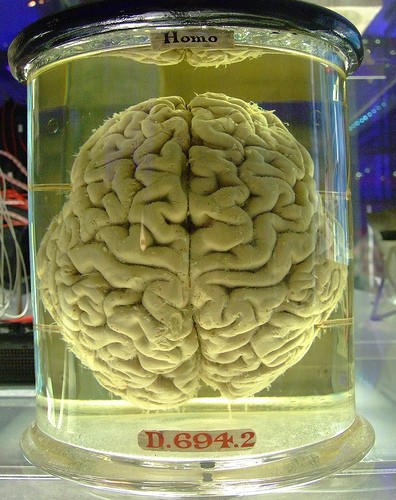Heavy and Long-Term Marijuana Use Causes Brain Shrinkage
Australian researchers have found that heavy marijuana smoking men exhibited significant brain shrinkage in the hippocampus and the amygdala.
Australian researchers say that heavy marijuana smoking may not be as harmless as some advocates would believe. Researchers at the Universities of Melbourne and Wollongong, in Australia, conducted MRI scans on the brains of men who had smoked marijuana heavily for a long period of time – and compared them to men that had not.
The heavy smoking group, a sample of men that had smoked an average of 5 joints per day for 10 years straight, showed brain shrinkage in 2 areas when compared to the control group.
The amygdala, an area central to mood an emotion was on average 7% smaller in the marijuana smokers, and the hippocampus, an area central to memory and cognition, was on average 12% smaller.
Separate tests of verbal memory showed the marijuana group as significantly impaired in their ability to recall a list of words in a memory test, and the marijuana smoking group was far more likely to have experiencing signs of mental illness, such as social isolation and paranoia.
Researcher Murat Yucel explained that the study results were very significant, in that even though they do not causally prove that marijuana causes this brain alteration, it is shows a very likely correlation, and in her words, " With nearly 15 million Americans using cannabis in a given month, 3.4 million using cannabis daily for 12 months or more and 2.1 million commencing use every year, there is a clear need to conduct robust investigations that elucidate the long-term sequelae of long-term cannabis use,"
Marijuana advocacy groups discounted the study, claiming that the researchers used extreme cases, men who were "stoned continuously for 10 years" and said that even then (the researchers) "needed high tech equipment" to find any problems.
The researchers say that although they did use very heavy users in their study, that the results "suggest that heavy daily use might indeed be toxic to human brain tissue."


